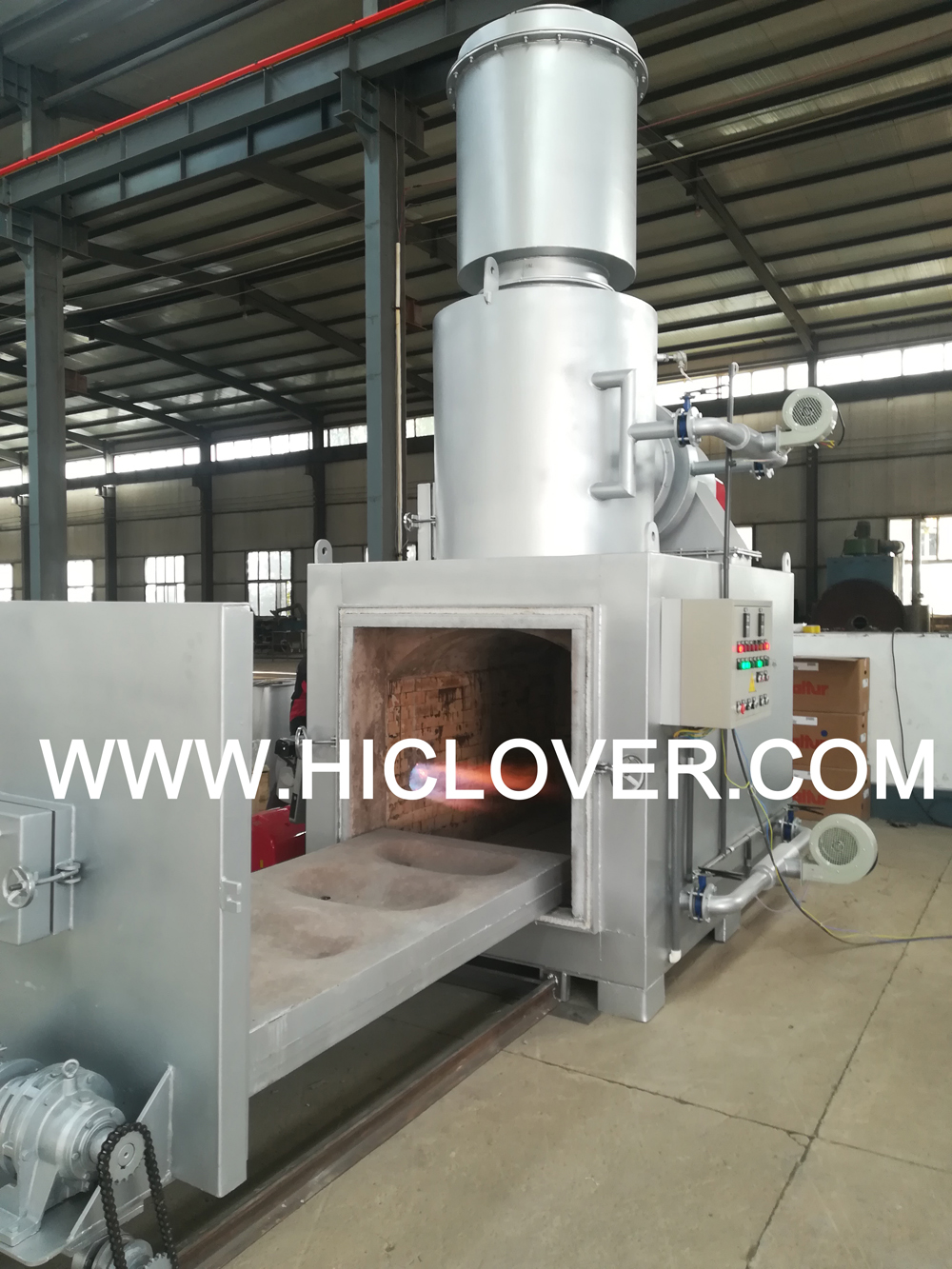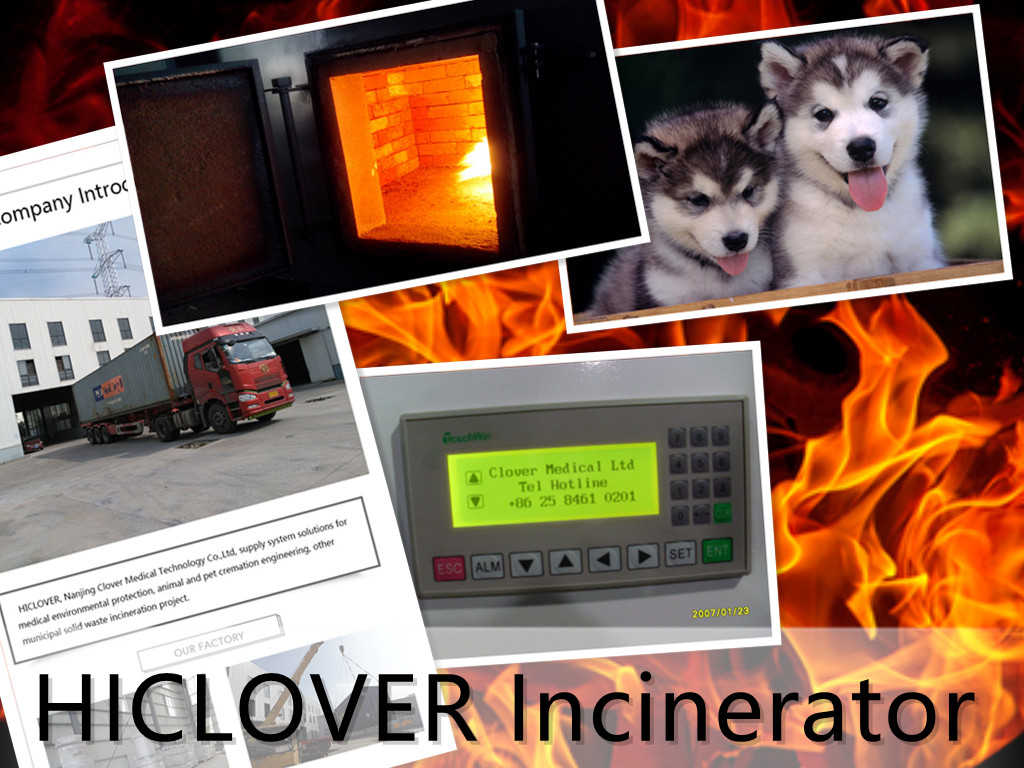Waste incineration is a common method of waste disposal that has been used for many years. It involves burning municipal solid waste to reduce its volume and create energy, but it also has significant environmental impacts that must be understood and addressed.
One of the primary concerns with waste incineration is air pollution. When waste is burned, it releases a variety of harmful pollutants into the air, including dioxins, furans, and heavy metals. These pollutants can have serious health effects on both humans and the environment. They can cause respiratory problems, heart disease, and even cancer in humans, and can also harm wildlife and contaminate water supplies.
In addition to air pollution, waste incineration also produces ash, which can contain toxic substances such as heavy metals and dioxins. This ash must be carefully managed to prevent it from contaminating soil and water sources. If not properly handled, it can leach into the environment and cause long-term damage to ecosystems.
Another concern with waste incineration is its impact on climate change. When waste is burned, it releases carbon dioxide and other greenhouse gases into the atmosphere. These gases contribute to global warming and climate change, which can have far-reaching effects on the planet, including rising sea levels, more extreme weather events, and loss of habitat for wildlife.
It is important to understand these environmental impacts in order to make informed decisions about waste management practices. While waste incineration can help reduce the volume of waste going to landfills and generate energy, it also comes with significant environmental risks that must be addressed.
There are ways to mitigate the environmental impact of waste incineration. Advanced technologies can be used to reduce emissions and capture pollutants before they are released into the atmosphere. Scrubbers and filters can remove harmful substances from the incineration process, and ash can be safely disposed of in specially designed landfills.
In addition, efforts to reduce, reuse, and recycle waste can help minimize the amount of waste that needs to be incinerated in the first place. By reducing the amount of waste we produce and finding alternative ways to dispose of it, we can lessen the environmental impact of waste incineration.
Understanding the environmental impact of waste incineration is vital for making informed decisions about waste management. By considering the potential risks and working to mitigate them, we can ensure that waste incineration is a responsible and sustainable method of waste disposal. It is essential that we continue to develop and invest in cleaner, more sustainable waste management practices to protect our environment and the health of future generations.



